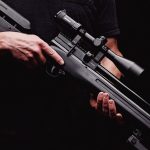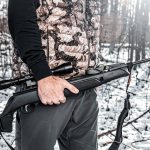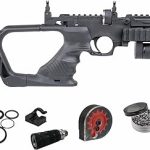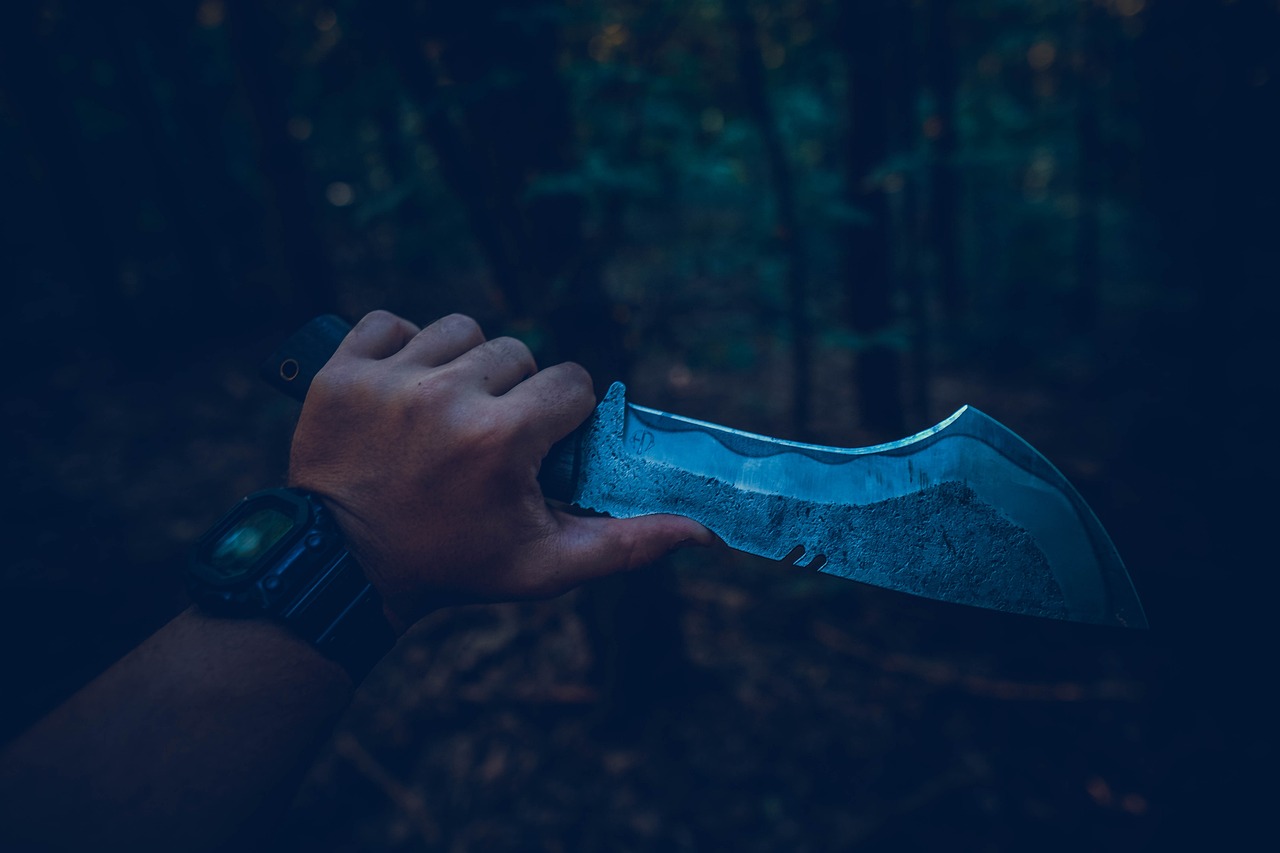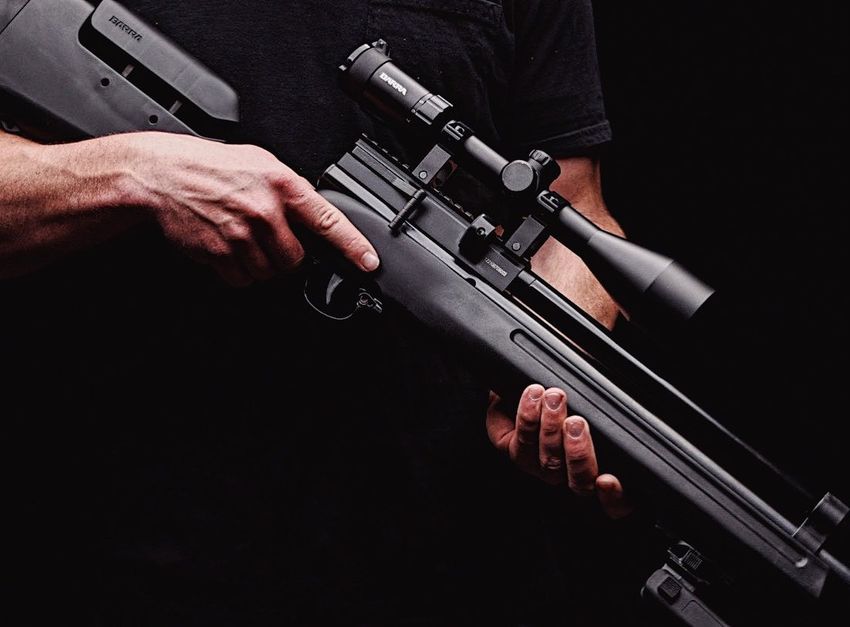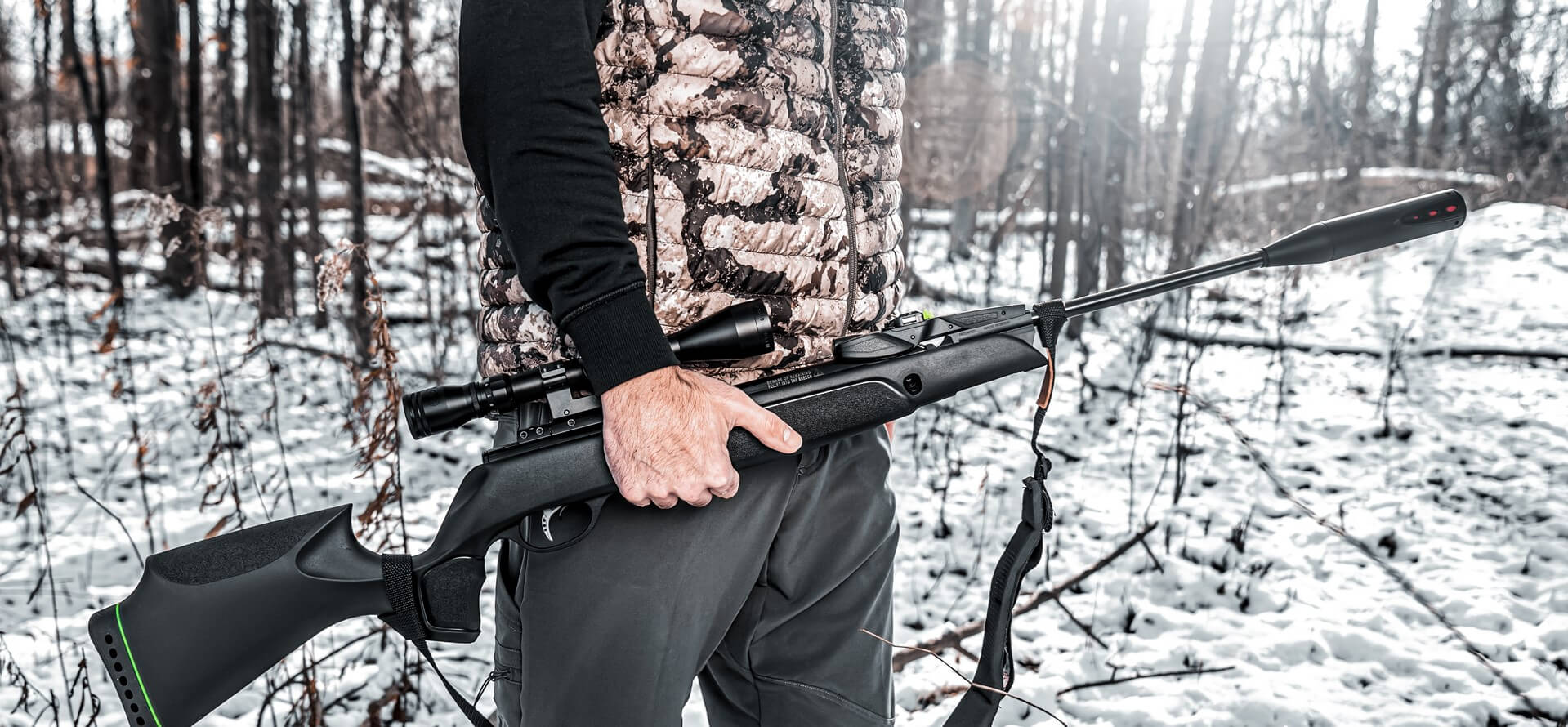Edged weapons are commonly chosen as everyday carry (EDC) self defense tools due to their versatility and compact nature. However, users must be mindful of the legal implications surrounding the possession and use of these tools. Let’s explore the legal considerations and common types of edged weapons used for EDC:
Legal Considerations:
Concealed Carry Laws: Many jurisdictions have specific laws regarding the concealed carry of edged weapons. It’s crucial to understand whether carrying a concealed knife or other bladed tools is permitted in your area.
Blade Length Restrictions: Some regions impose restrictions on the maximum allowable blade length for concealed carry. Understanding these limitations ensures compliance with local laws.
Intent and Context: The legal implications of carrying edged weapons can depend on the perceived intent and context of carrying. Carrying a knife for utilitarian purposes may be viewed differently than carrying it with the intent of using it as a weapon.
Prohibited Areas: Certain locations, such as government buildings, schools, or airports, may have strict regulations against carrying any form of edged weapon. Users must be aware of restricted areas to avoid legal consequences.
Common Types of Edged Weapons for EDC:
Folding Pocket Knives: Compact and versatile, folding pocket knives are popular choices for EDC. Legal restrictions often consider factors such as blade length and the mechanism used for opening.
Fixed Blade Knives: While less common for EDC due to their size, fixed blade knives are chosen for their durability and strength. Legal considerations may focus on open carry restrictions.
Multitools: Multitools, featuring various tools including blades, are widely accepted for EDC. Users should be aware of blade length restrictions and the intended use of the tool.
Neck Knives: Designed to be worn around the neck, these small knives are discreet but may face legal scrutiny depending on local regulations.
Credit Card Knives: Ultra-compact and resembling credit cards, these knives are discreet but may have specific legal restrictions based on their design.
Safety Tips and Legal Compliance:
Education: Understand local laws regarding the carry and use of edged weapons in your area.
Intent Matters: Clearly articulate the intended use of the edged tool for utilitarian purposes rather than as a weapon.
Concealment: If legal, ensure proper concealment to avoid unnecessary attention or concerns from law enforcement.
Blade Maintenance: Keep blades sharp for their intended purposes, reinforcing the tool’s utilitarian function.
Frequently Asked Questions (FAQs) about EDC Edged Self Defense Weapons:
Are EDC edged weapons legal to carry?
Legal regulations vary by location. It’s essential to know and adhere to local laws regarding the carry and use of edged self defense tools.
What types of edged weapons are commonly used for EDC?
- Folding pocket knives, fixed blade knives, multitools, neck knives, and credit card knives are among the common choices for EDC.
Is there a maximum blade length allowed for EDC knives?
- Many jurisdictions impose restrictions on the maximum allowable blade length for concealed carry. Familiarize yourself with local regulations to stay compliant.
Can I carry an EDC knife in public places?
- The legality of carrying an EDC knife in public spaces depends on local laws. Some places may have restrictions or prohibited areas.
Are there specific considerations for concealed carry of edged weapons?
- Concealed carry laws may apply to certain types of edged weapons. It’s important to understand the regulations regarding how the weapon is carried.
What should I consider when choosing an EDC edged weapon?
- Factors such as intended use, blade length, and local laws should be considered when selecting an EDC edged weapon.
Can I carry an EDC knife for self defense purposes?
- While self defense is a legitimate reason for carrying an EDC knife, the primary intended use is often a key factor in legal considerations
Are there restrictions on carrying EDC edged weapons in specific locations?
- Yes, certain areas like government buildings, schools, or airports may have strict regulations against carrying any form of edged weapon. Check local laws for prohibited zones.
Do I need training to carry an EDC edged weapon?
- While not always legally required, obtaining training on the safe and responsible use of edged weapons is highly recommended for effective and lawful use.
What are some safety tips for carrying EDC edged weapons?
- Keep the tool sharp for its intended purposes, understand the local laws, articulate the tool’s utilitarian use, and ensure proper concealment where necessary.
Remember, these answers provide general guidance, and individuals should always check and comply with their local laws and regulations regarding edged self defense weapons.
Conclusion: While edged weapons can be valuable EDC tools for self defense and everyday tasks, users must prioritize legal compliance and safety. Being informed about local laws, understanding the intended use of the tool, and exercising responsible carry practices contribute to a legal and secure EDC experience.


